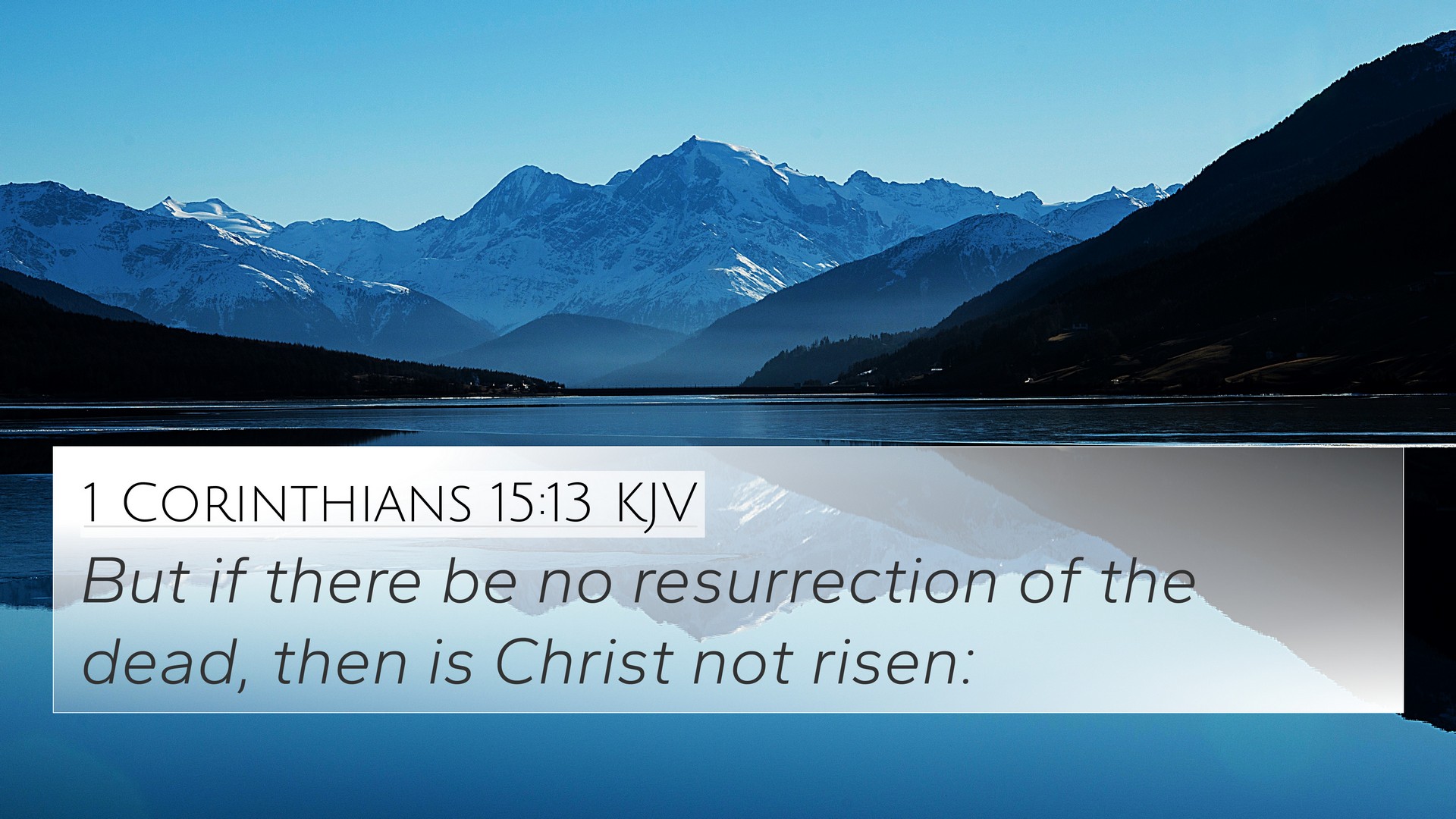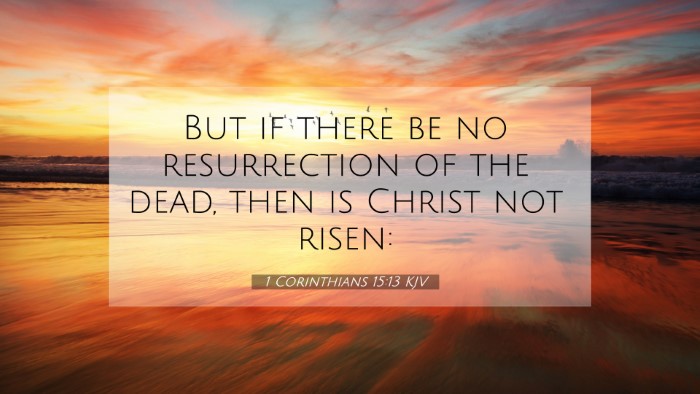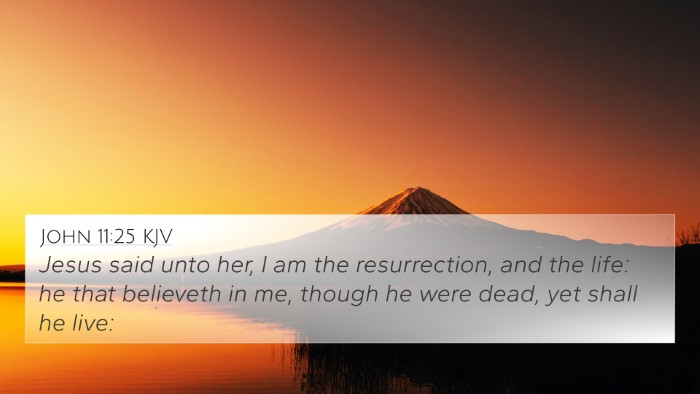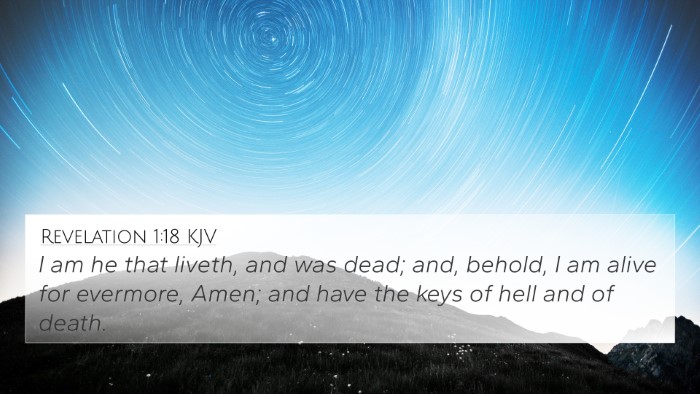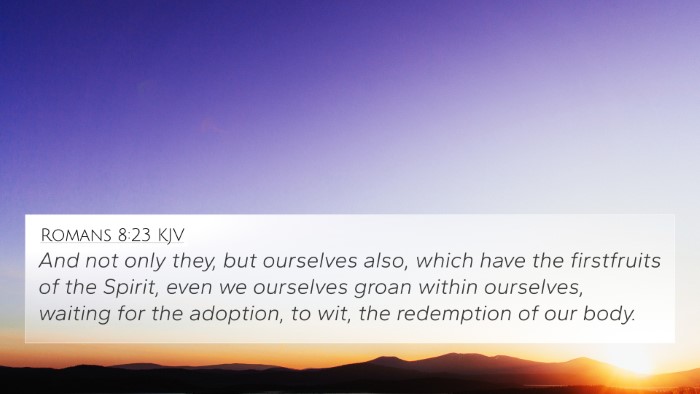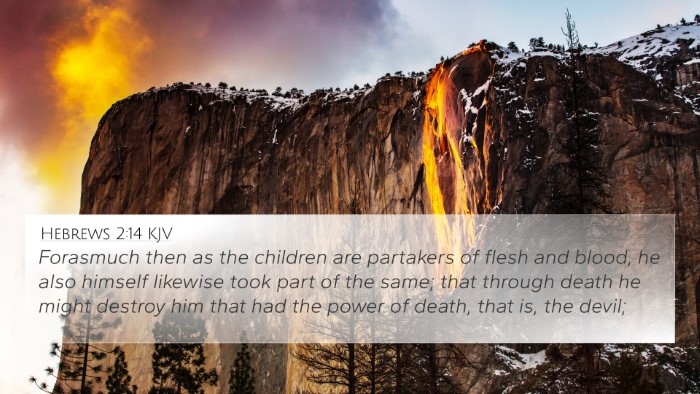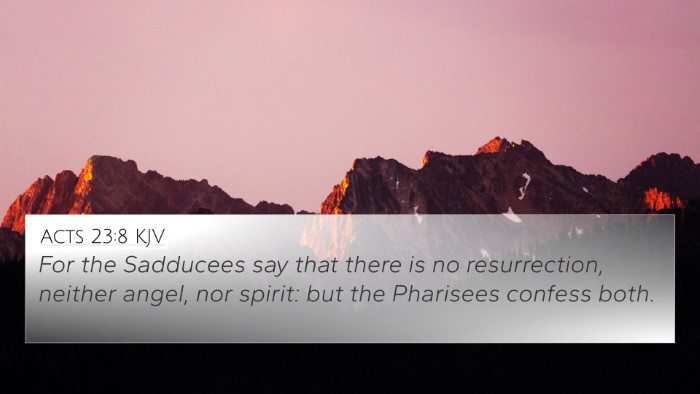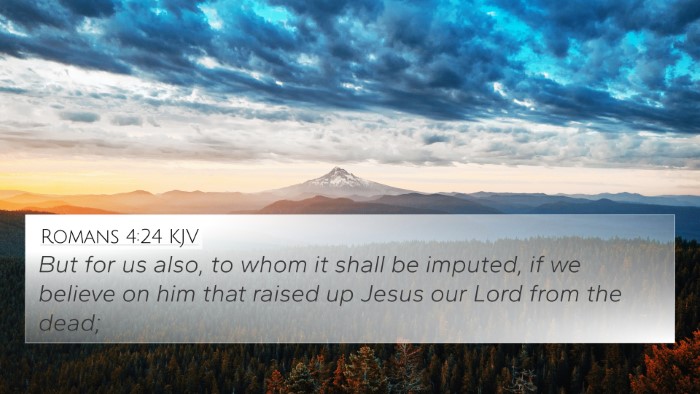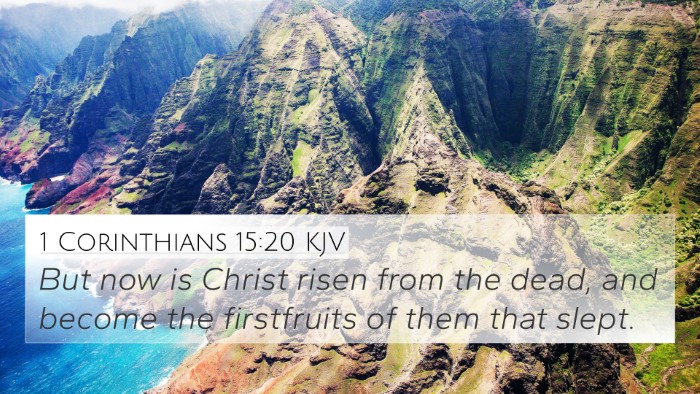Bible Verse Meaning and Interpretation of 1 Corinthians 15:13
The Apostle Paul, writing to the Corinthians, addresses a critical theological issue regarding the resurrection of the dead, stating in 1 Corinthians 15:13: "But if there be no resurrection of the dead, then is Christ not risen." This verse challenges the core of Christian faith and emphasizes the necessity of the resurrection for the validity of Christian beliefs.
Summary of Verse Meaning
This statement is rooted in the understanding that the resurrection of Jesus Christ is the cornerstone of Christianity. If there is no resurrection, it implies that Christ's resurrection did not happen, which undermines the entire Christian faith.
Insights from Public Domain Commentaries
Matthew Henry
Matthew Henry notes that the resurrection is not just a doctrine but a vital truth that must be adhered to. He emphasizes that the denial of resurrection leads to dire theological consequences. The resurrection assures believers of their future resurrection as well.
Albert Barnes
Albert Barnes elaborates on the implications of denying the resurrection. He points out that if Christ is not risen, then all preaching and faith are in vain. He further reinforces the idea that the resurrection is fundamental for both the believer's hope and the integrity of the Christian message.
Adam Clarke
Adam Clarke provides a detailed theological perspective on the importance of the resurrection. He explains that it not only validates the truth of Jesus’ teachings but also serves as proof of God’s power over death. Clarke's commentary emphasizes that without the resurrection, the Christian faith loses its transformative power.
Related Bible Cross-References
- Romans 10:9 - Confession of faith in the resurrection is essential for salvation.
- John 11:25-26 - Jesus proclaims Himself as the resurrection and the life.
- 1 Thessalonians 4:14 - Discusses the resurrection of believers in connection with Jesus’ resurrection.
- Acts 2:31-32 - Peter testifies to the resurrection of Christ as fulfillment of prophecy.
- Philippians 3:10-11 - Expresses the desire to know Christ and the power of His resurrection.
- Luke 24:5-7 - The angel’s proclamation of Christ’s resurrection.
- Hebrews 13:20 - Jesus described as the great shepherd, raised from the dead.
Importance of Cross-Referencing
Cross-referencing Bible verses can provide deeper insights into scripture and enhance understanding. By identifying connections between Bible verses, believers can engage in comparative Bible verse analysis and explore thematic Bible verse connections that reveal the cohesive narrative of redemption throughout scripture.
Tools for Effective Bible Study
Utilizing resources such as a Bible concordance or a cross-reference Bible study guide can significantly enhance one's biblical studies. These tools help in discovering Bible verses that relate to each other and assist in identifying connections between the Old and New Testament.
Practical Applications of Cross-Referencing
Believers can apply cross-referencing methods through various ways:
- How to find cross-references in the Bible: Use a concordance or topical guide.
- Identifying connections between Old and New Testament: Look for quotes and allusions.
- Comparative study of Pauline epistles: Explore themes present in different letters.
- Cross-referencing Psalms with New Testament teachings: Notice fulfilled prophecies or teachings.
Conclusion
In conclusion, 1 Corinthians 15:13 serves as a foundational truth in Christian theology concerning the resurrection. By understanding this verse through various commentaries and utilizing cross-referencing techniques, believers can deepen their faith and grasp the significance of the resurrection in God's redemptive plan.
